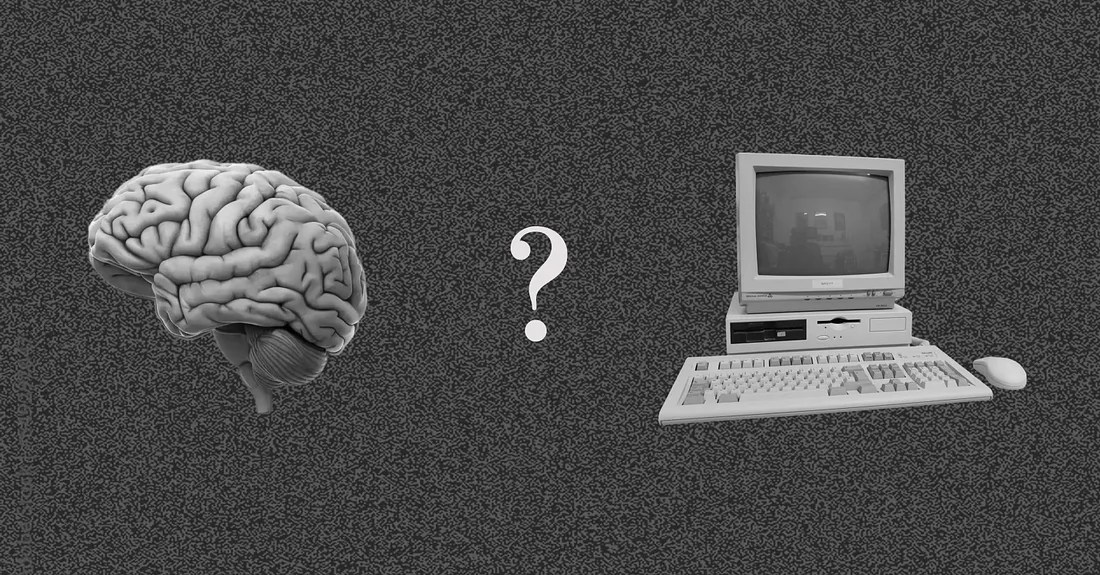Getty Images
Source: High Turnover? Here Are 3 Things CEOs Do That Sabotage Their Workplace Culture
.
Critics:
Workplace psychology can be referred to as the practice and application of psychological principles and methodologies to a work environment. The ultimate goal of workplace psychology is to identify and solve emerging issues within the workplace, improve workplace morale and dynamics, and increase employee satisfaction.The specialty of industrial-organizational psychology (also called I/O psychology) is characterized by the scientific study of human behavior in organizations and the work place.
Employee psychology is focused on why an employee behaves the way they do while performing their role. This practice categorizes employee behaviors into predictable patterns. By studying those patterns, managers can effectively deal with both individual employees and entire teams. The great workers are responsible, conscientious and committed to the mission of the organization.
They are willing to make the personal sacrifices. They do not make the pursuit of personal happiness their primary reason for working, but they derive satisfaction from serving a higher purpose and fulfilling a calling. Many theories apply to psychology in the workplace for both employees and employers. Two important theories that help explain employee motivation are Maslow’s Hierarchy of Needs and the Effort-Reward Imbalance Model, focusing on achievement motivation.
The Psychology of Behaviour at Work covers all major topics in the field, from vocational choice, personality, attitudes, motivation and stress, to cooperation, learning, training, group dynamics, decision making and leadership.If you’ve ever heard someone describe a time when their performance excelled and they were “in the zone,” they were likely describing an experience of flow.
Flow occurs when your skill level and the challenge at hand are equal. Hired either full-time or on a consultancy or project basis, Occupational Psychologists bring their scientific, evidence-based insights into how humans behave within large groups and structures. With their help, management can improve the productivity, efficiency and wellbeing of their teams.
Positive psychology in the workplace encourages teams to identify, develop and use their character strengths, fostering positive emotions, mindfulness, meaning and accomplishment. Rather than simply fixing workplace problems, it aims to build skills that increase job satisfaction, motivation and work engagement. Job stress can be defined as the harmful physical and emotional responses that occur when the requirements of the job do not match the capabilities, resources, or needs of the worker.
It eliminates harassment and discrimination from organization and improves the skills of people an organization already have and the team environment. Organizational Psychology is a subfield of psychology that studies people, and their behavior in a working environment.
Psychological safety at work is a shared expectation held by members of a team that teammates will not embarrass, reject, or punish them for sharing ideas, taking risks, or soliciting feedback. Psychological safety in the workplace doesn’t mean that everybody is nice to each other all the time. Often called ‘I/O psychology’ or ‘work psychology’, industrial and organizational psychology is the study of both a workplace’s environment and the employees who work there.
The goal behind workplace psychology is to identify and solve problems, increase employee satisfaction, and improve workplace dynamics. The SDT proposes that a person has three basic needs: autonomy, relationships, and competence, all of which motivate their actions to satisfy them.Workplace psychology — sometimes referred to as Industrial and Organizational Psychology — is concerned with understanding, explaining, and ultimately improving the attitudes and behaviors of individuals and groups in organizations and applying this knowledge to problems at work.
Workplace psychology — sometimes referred to as Industrial and Organizational Psychology — is concerned with understanding, explaining, and ultimately improving the attitudes and behaviors of individuals and groups in organizations and applying this knowledge to problems at work. The JCD theory suggests that individuals experiencing high demands paired with low control are more likely to experience psychological strain, work-related stress, and, in the long term, poor physical and mental health.
The model was later extended to include a social dimension: social support. Adopting positive behaviours such as helping others, learning from mistakes, communicating effectively, leading by example, resolving conflicts, thinking strategically and displaying honesty can significantly enhance a work environment. Workplace fun, as a management strategy, helps employees enhance their physical and psychological wellness.
Specifically, it is the characteristic of a playful and humorous work environment that can trigger the enjoyable and lighthearted feelings of employees. Understanding exactly what you’re working towards and why is a sign you’re growing. Because you see your existing position as a stepping-stone towards your larger, long-term goals. The bottom-line is when you are clear on what you want, you will advance your career.
Personality psychologists often look at how personality varies from one individual to the next, as well as how it may be similar. These professionals may also be tasked with the assessment, diagnosis, and treatment of personality disorders. Occupational psychologists aim to increase the effectiveness of the organisation and improve the job satisfaction of individuals.
The speciality is broader in scope and less formalised than many areas of psychology and it touches on diverse fields, including ergonomics, personnel management and time management. A supportive, respectful and positive workplace culture is fundamental to employee happiness. Employees who feel valued and appreciated for their contributions are more likely to feel motivated and engaged in their work.
EntertainHR: Leah’s Lawsuit: “Sober Curiosity” and its Impact on Workplace Culture






Leave a Reply